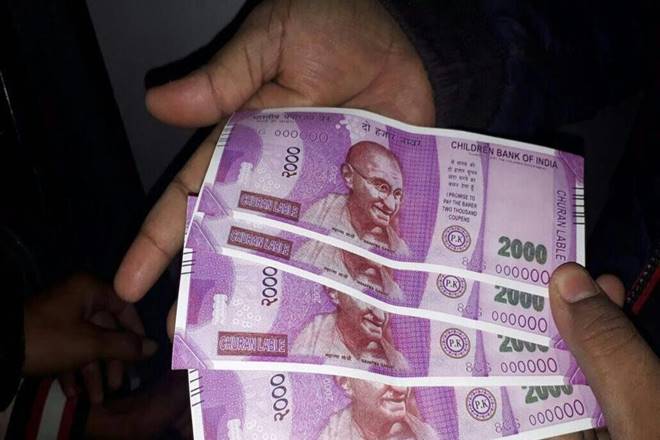While announcing the budget earlier this year, the government had announced more income tax incentives for investing in NPS or National Pension Scheme. After this development, both salaried as well self-employed people get income tax benefits on investing in NPS. However, a lot of people in India are still not aware of them. To make your job easy, we have listed some of them here. To begin with, NPS, which is a voluntary, defined contribution retirement savings scheme, enables the subscriber to accumulate savings during his or her working life.
Under this scheme, you can open two types of accounts – Tier I and Tier II. The Tier 1 account is non-withdrawable till the person reaches the age of 60. Partial withdrawal before that is allowed in specific cases. Meanwhile, the Tier II National Pension Scheme account is just like a savings account and subscribers are free to withdraw the money as and whenever they require. Here are some benefits of the National Pension Scheme (NPS):
1. For the salaried individuals, an investment of up to 10 per cent of salary (basic + dearness allowance) is deductible from taxable income under Section 80CCD. Apart from this, an additional investment up to Rs.50,000 is also deductible from taxable income under Section 80CCD (1B).
2. Your contribution can either be made directly or through the employer you are working with. In case the investment is routed through the employer, the employer’s contribution to NPS up to 10 per cent of basic salary (plus DA) is allowed deduction under Section 80CCD (2).
3. If you are self-employed, then an investment up to 20 per cent of gross annual income is deductible from taxable income, subject to a limit of Rs 1.5 lakh. This was limited to 10 per cent as per the earlier guidelines but was changed in Budget 2017.
4. Additionally, an investment up to Rs.50,000 is deductible from taxable income under Section 80CCD (1B) of the Income Tax Act, 1961.
5. If you opt for partial withdrawal for specific purposes before turning 60, then 25 per cent of the contribution made will be exempted from income tax. Meanwhile, up to 40 per cent of the corpus withdrawn in the lump sum is exempt from tax when the subscriber attains the age of 60.


